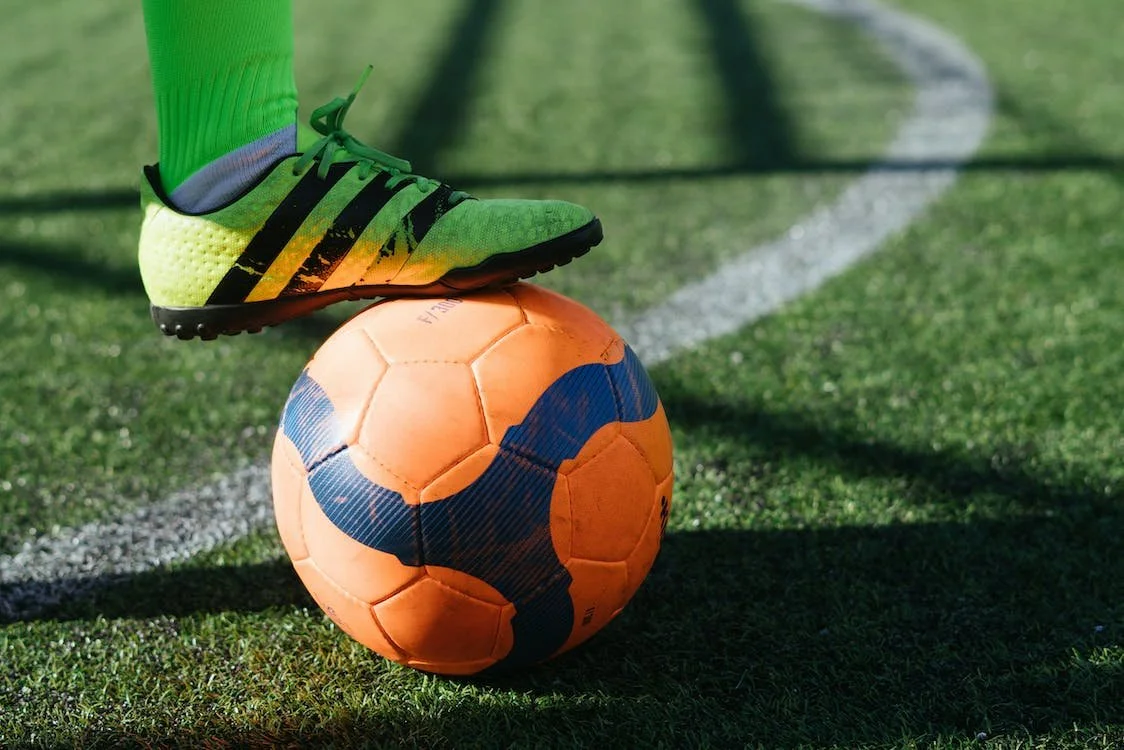The contract of amateur players: changes in light of the sports law reform
The Italian Football Federation, the Lega Nazionale Dilettanti (National Amateur League) and the Italian Footballers' Association have recently stipulated the new national collective agreement, valid exclusively for the 2023/2024 season, for the regulation of sports employment contracts in the amateurism area, in adaptation to the recent reform of the sports system (legislative decree no. 36 of 2021).
Today, sport employment in the amateurism area is regulated by Article 28 of Legislative Decree no. 36 of 2021, amended following the corrective decree no. 120 of 2023, which stipulates that:
"in the amateurism area, sports work is presumed to be the subject of a self-employment contract, in the form of coordinated and continuous collaboration, when the following requirements are met with respect to the same principal (a) the duration of the services covered by the contract, although of a continuous nature, does not exceed twenty-four hours per week, excluding the time devoted to participation in sporting events; (b) the services covered by the contract are coordinated under the technical-sporting profile, in compliance with the regulations of the national sports federations, the Discipline sportive associates and the Sports Promotion Bodies, including Paralympic ones”.
In order to implement the new agreement, the senior management of amateur football met to standardise the content of the new contracts to be applied to collaboratative relationships between football clubs participating in amateur championships on the one hand and football players on the other, with the exclusion of professional athletes (i.e. those participating in the men's Serie A, Serie B, Lega Pro and women's Serie A championships). In the event of exceptions, the statutory and regulatory rules of the FIGC will apply.
The collective agreement signed provides for the stipulation of an employment contract, which is presumed to be of a self-employed nature if:
- the duration of the services covered by the contract, although of a continuous nature, does not exceed the number of weekly hours envisaged by Legislative Decree no. 36/2021 excluding the time dedicated to participation in sporting events
- the services covered by the contract are coordinated, from a technical sporting point of view, in compliance with the FIGC regulations
- a coordinated and continuous collaboration contract is signed as envisaged by the applicable federal regulations.
The contract, which is drawn up on the basis of the Standard Contract Form provided by the League, must be in writing under penalty of nullity and must be signed by the legal representative of the club receiving the sports services and the employee. Option agreements will be permitted as long as the overall duration of the contract does not exceed the maximum duration provided for by the federal regulations (3 years for minors and 5 years for adults). The transfer of the contract will also be permitted, subject to obtaining the employee's consent, as well as the provision of clauses to cover the event of the promotion of the team in which the sports employee plays.
The contract must be deposited with the Division, the Departments, the Committees or the competent offices of the National Amateur League by the club, at the same time as the application for registration, just as any subsequent modifications, novations or extinctions will be subject to deposit. Once the filing procedure has been completed, approval will be required from the Lega Nazionale Dilettanti, which must notify the club and the athlete of its approval or lack thereof. In the event that no communication is received within thirty days following the filing (or within the shorter period of time envisaged by the FIGC regulations), the procedure shall be deemed to have been tacitly completed.
Of particular importance, in consideration of the increasing orientation of football towards women, is the provision that in the event of pregnancy of a player, the national legislation in force or the FIFA regulations, if more favourable, will apply.
Articles 7 and 8 of the collective agreement deal with the obligations incumbent on the athlete and the club by providing an outline of the conduct required by the parties. Among the most interesting provisions is the possibility for the player to carry out further work activities as long as they are compatible with the commitment undertaken and not in competition or in conflict with the interests of the club, as well as the possibility for the latter to suspend the athlete's remuneration in the event of disqualification by the FIGC Sports Justice Bodies of more than 30 days or corresponding to 5 days resulting from conduct solely attributable to the player.
Considering the particular specificity of the sector, in accordance with the provisions of the same Legislative Decree 36/2021, the contract must include an arbitration clause whereby the parties undertake to refer disputes between the Company and the Athlete to a board of arbitrators made up of three members (one designated by the Athlete, one chosen by the Company and the third among the persons indicated in the appropriate lists filed by the LND and by the A.I.C. with the FIGC).

